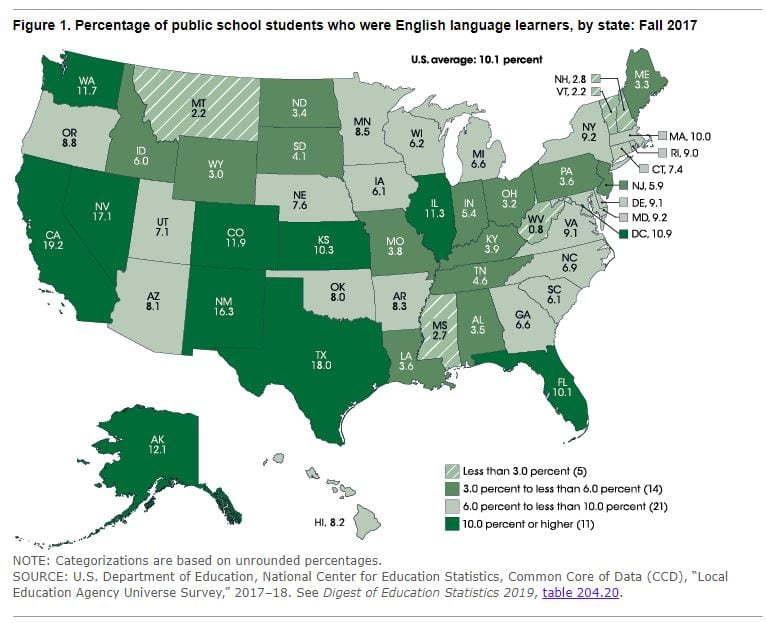A. Hello everyone, today my analysis will be connections referring to Rodriguez's text Aria.
B. I find Aria connects very closely with with silenced dialogue and intersectionality. The troubles Rodriguez faced in regards to his forced education on the English language (and subsequent 'loss' of Spanish) give a hand to a topic that has only recently been genuinely recognized. ELL education still to this day, even in my service learning placement is not at all where it should be. The fact that some teachers still have to resort to google translate and/or have students lose hours of lessons due to a communication gap is not only unfair to students, but also teachers. It's a topic not talked about enough, and even though it is talked about more today, that does not mean it is discussed sufficiently and effectively. In regards to intersectionality, it is not students faults when they hit this crossroads between language and proper education. It should be up to the schools systems to accommodate the needs of students who do not know they dominant language, no matter in the US or in a different nation. Unfortunately the US is one of the nations with ELL education being such a prominent problem. This ties into my connections and further analysis below.
C. One question I would like to leave with the class is, have any of you seen struggles with ELL accommodations whether during FNED 101 observations or with your service learning placements this semester? The article I am introducing includes some statistics on ELL students across the United States. I would have never known before looking at this that Rhode Island has one of the highest ELL percentages across the country.
Unfortunately I can't figure out how to include the most recent graphic from the article, so I'm adding an older version.

.png)
.png)
.png)
.png)
.png)
.png)
